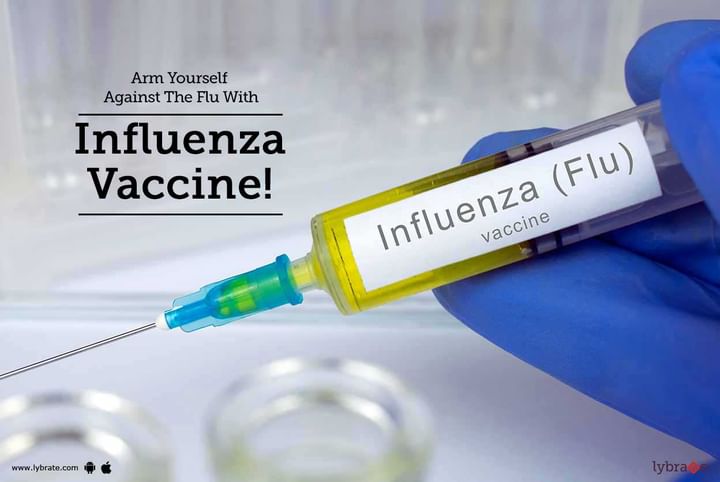Arm Yourself Against The Flu With Influenza Vaccine!
A common disease that can spread easily is Influenza. Commonly known as flu, the infection of influenza can adversely affect people in various ways.
However, with an annual shot of influenza vaccine, you can stay immune to the infection, and the more the number of people getting vaccinated, the lesser the number of contagious infections.
How does the influenza vaccine work?
Influenza vaccine leads to the production of antibodies in the body within two weeks after taking the vaccination. These antibodies provide protection against the infection from the viruses which are present in the vaccine. The influenza vaccine shields the body from the flu viruses that are most rampant during various seasons.
Viruses that you are protected from
The traditional flu vaccine which is more commonly referred to as trivalent vaccine is meant to protect against three types of flu viruses. These are:
- Two type A strains
- Influenza B virus
There are also flu vaccines available that protect against four types of viruses known as the quadrivalent viruses. They protect from the same viruses as the trivalent vaccine along with an extra influenza B virus.
Types of flu vaccines
The doctors recommend using injectable influenza vaccines that include an inactivated influenza vaccine, as well as a recombinant influenza vaccine. As discussed earlier, there are two types of vaccines available.
The trivalent vaccine:
This vaccine includes standard-dose shots. These are manufactured using the virus that is grown in eggs. Most of the flu shots are given in the muscle in the arm.
- The high dose trivalent shot is generally given to people aged over 65 years
- The recombinant trivalent shot is given to people that are 18 years and older.
The quadrivalent influenza vaccine:
Quadrivalent influenza shots are approved for people of varying age groups. This includes older people and infants as young as 6 months. Sometimes, an intradermal influenza shot is injected into a muscle. This shot makes use of a much finer needle as compared to the regular shot needles.
The nasal spray vaccination:
The nasal spray flu vaccination, commonly referred to as LAIV, is a type of attenuated vaccine that has live, weakened virus. An alternative to the needle shots, the nasal spray can be administered to anyone between ages 2 and 49 and are not pregnant. Both the nasal spray and the needle shots provide immunity to flu infections and have proven to be very effective.
The symptoms of flu infections range from a cough and runny nose to fevers and chills. It can cause moderate to severe discomfort to the patient, and the infection is contagious.
Hence, to prevent yourself from getting sick and spreading to others, getting vaccinated with the Influenza vaccine every year is crucial.



+1.svg)
